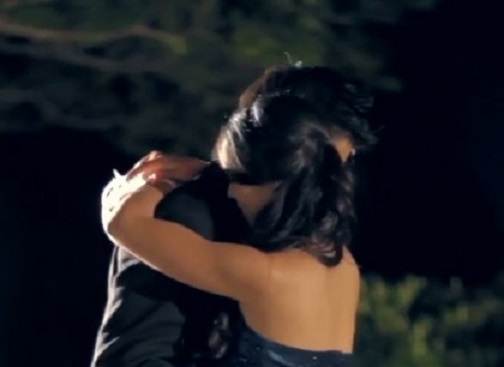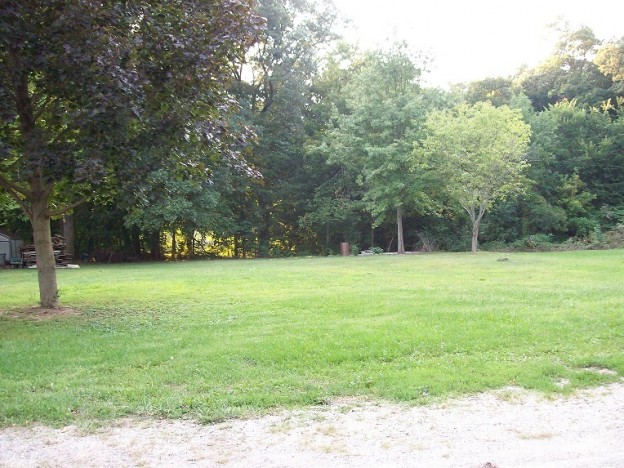Nothing in my life – even my oral Board exam – was as terrifying as the first time I slow danced with her.
I was not one of the cool and popular kids in high school (even though one of my best friends recently admitted she thought I was a “player”). I rarely got asked to a gathering at someone’s house. I was more likely to get a “Happy New Year” phone call at home while I drank hot Dr. Pepper and watched Johnny Carson. So, when the Eckstein brothers invited me over one summer evening, I gratefully accepted. And I knew she would be there; she usually was.
Parties were fairly simple affairs back then. We gathered on their lawn and played Frisbee or Jarts—lawn darts with heavy steel points that were banned after several accidental trephinations and deaths. A portable phonograph, relocated outside and plugged into a couple of extension cords, was loaded with 45s or an occasional LP. The parents supplied munchies and drinks and then disappeared into the house but ever mindful of our presence.
When the sun went down and the bowl of chips was down to crumbs, the music shifted from Top 40 rock to stuff meant for slow dancing. Songs like The Turtles’ You Showed Me, The Cryan’ Shames’ Up On the Roof/It Could Be We’re in Love, Tommy James and the Shondells’ Crimson and Clover, and, of course, Bread’s I Want To Make It With You, the fantasy of every horny teenaged boy.
But there was one song that will always remind me of her. Three ascending guitar notes then a drop to two chords:
You ask me if there’ll come a time
When I grow tired of you
Never my love
Suddenly, it was now or never. I screwed up every ounce of courage, walked over to her and, with a look that was both asking and pleading, held out my hand which, to my surprise, she took. No words passed between us.
She was a beauty. Shoulder length chestnut brown hair; deep brown eyes I could never hope to read, and skin as soft as…well, any comparison would be superfluous at that point. She wore a sleeveless white blouse, turquoise shorts and white tennis shoes. I wasn’t sure what I’d done to be rewarded this way, but I wasn’t about to argue.
Now, I didn’t know how to dance. My attempts to teach myself ended abruptly when my mother walked into my room while I was practicing the Twist—a dance that was already a decade out of date. I knew that my job was to slowly spin in a circle while not stepping on her feet until the music stopped. So I just put my arm gently around her back and prayed for the best.
I wasn’t sure how to hold her hand: up and out like our parents danced, or close in, by our shoulders. I wanted to pull her close enough to me to feel her breasts against my chest, but I was afraid of impaling her on the embarrassing erection that popped up the minute we touched. We gently swayed back and forth, around and around. I would never forget the warmth of her breath on my neck and the scent of her skin.
And then it was over.
I thought about kissing her softly, gently before we parted but I wasn’t about to press my luck. We went back to where we had been sitting, like boxers to their respective corners at the bell. I had no idea why she danced with me. I was too shy and insecure to even talk with her, let alone carry on an extended conversation about something other than “my life sucks.” But it didn’t really matter. I’d had a glimpse of heaven and that was enough.
Sometimes I’d have dreams at night, the two of us slowly dancing alone, feeling loved, hoping it would never end.
Never, my love.

